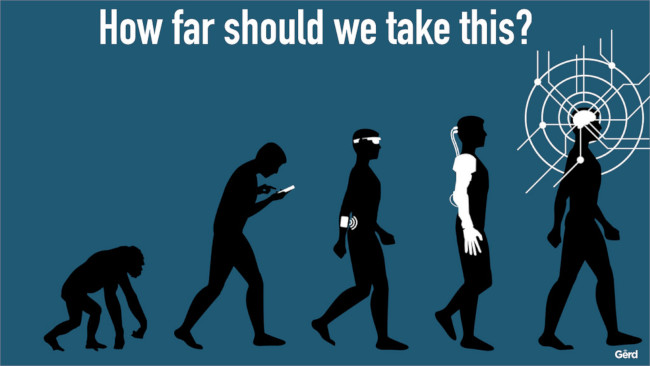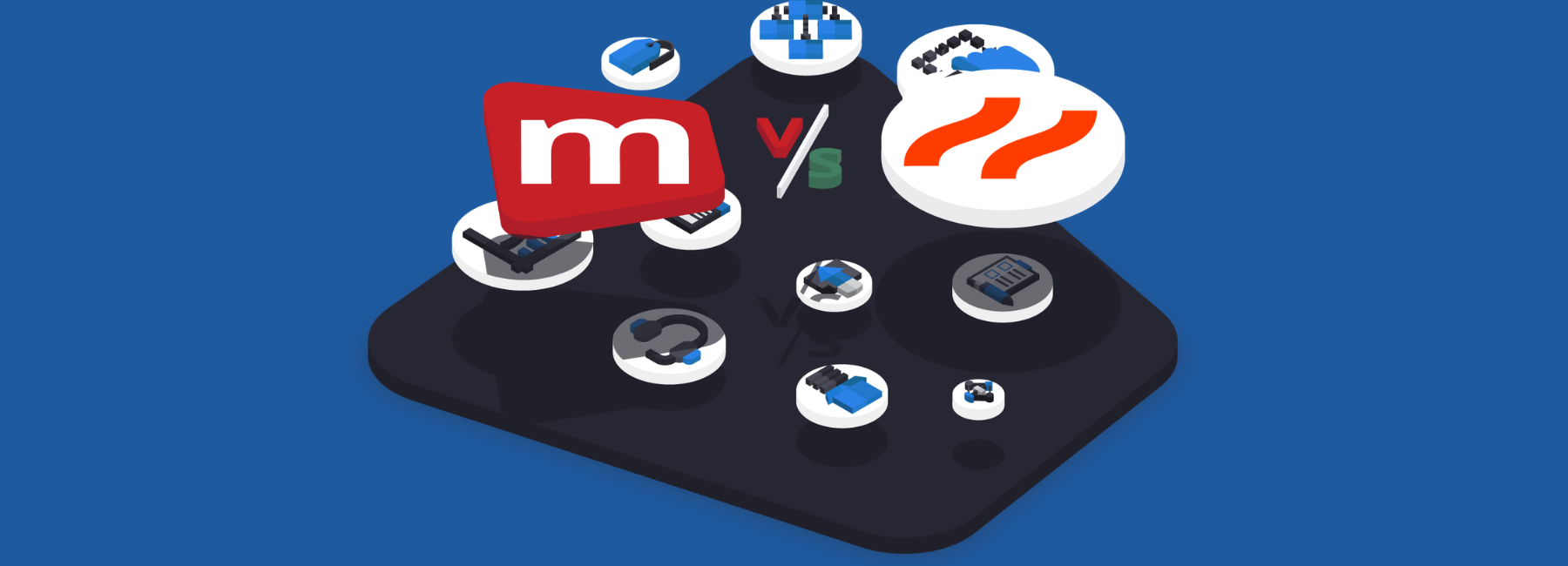Welcome to 2019… where digital technologies will start evolving faster than we can adapt. Where customers’ experience expectations will rise above everything else. Where predictive analytics will boost customer experience for good, and where data ethics will become the new competitive advantage. Bottom line: our customers expect now more than ever that the digital customer experiences (CX) we provide are not only seamless and integrated but also more advanced and secure.
So how do we achieve this much sought-after digital customer experience? We must find ways to streamline our approach for delivering an exceptional digital CX and do so by leveraging the proper solutions and technologies. And of course, pay attention to the trends…
So sticking to tradition, here are the top digital customer experience trends for 2019, according to the experts at Mopinion…
1. The Artificial Intelligence hype continues…
The emergence of artificial intelligence was on our list of trends for 2018. However, in 2019, we expect that businesses will start to build upon these existing technologies (including making the shift towards AI-powered predictive personalisation).
Artificially intelligent algorithms are here, and they’ve already changed our lives — for better or worse. But this is only the beginning, and one day we’ll look back at AI in 2018 and laugh about how primitive it was. Because in the future, AI is going to change everything. But, do we want it to?
– DigitalTrends.com
So why the continued hype? To point out the obvious, artificial intelligence is an exciting concept. This technology is expected to bring with it a lot of changes, including an accelerated digital transformation, a significant impact on jobs, and machines that think in ways that humans cannot.

Source: Flickr
However, AI can also be extremely beneficial to your business in so many ways. It saves both time and money by automating what would otherwise be complex and time consuming processes, it prevents ‘human error’ by letting a machine do the work for you, it predicts preferences (e.g. customer preferences, enabling a more personalised experience), improves customer engagement and of course, AI boosts data analysis efforts.

Free White Paper: A Digital Feedback-Fueled Approach to Personalisation
A guide to Personalising the Digital Customer Experience (CX) with Online Feedback.
Take the Mopinion software, for example. Our newest AI technologies (introduced in 2018) enable our users to extract information and insights from large amounts of text using both machine learning and natural language processing. This is a huge win for data analysis and this is only just the beginning.

Source: Pexels
In fact, in an interview with TNW, Dan Sommers, Senior Director, Market Intelligence Lead at Qlik adds to this claim:
Across the information value chain – from reading the data, to preparing it, to critically analyzing it with less bias, to presenting contextual results – AI can and will remove many of the bottlenecks that make users give up when tackling intensive data exploration.
2. Data ethics comes to the forefront
This is a big one according to Gartner. Along with the rising prevalence of data comes the rising need to control it. That is why in this post-GDPR era, businesses (both controllers and processors alike) will place a great deal of their attention on data ethics (that is of course, if they haven’t already). In other words, businesses must see to it that their data and/or their customers’ data is safe and take all the proper precautions to do so.

Source: Flickr
It’s important to point out, however, that the concern for privacy and ethics isn’t necessarily anything new. The issue at hand is more about the ‘abuse of trust’. Prior to GDPR, many businesses went on collecting personal data without explaining what was being done with it. In fact, the Facebook incident is a good example of this. There was no transparency, which quickly became a growing concern among its consumers. It is also the perfect example of how poor data ethics can severely hurt your business.
Data ethics comprises how businesses handle data across the supply chain, including collecting, aggregating, sharing & analysing, storing and even disposing it.
So this might be the year, you’ll want to ask yourselves: Am I compliant? Am I doing the right thing?
Any discussion on privacy must be grounded in the broader topic of digital ethics and the trust of your customers, constituents and employees. While privacy and security are foundational components in building trust, trust is actually more than just these components
David Cearley, Vice President, Gartner
3. Data management will become a barrier
Along with ethics, we also believe data management will be an interesting and challenging quest for many companies this year. Data volumes are increasing tremendously (mostly thanks to automation) and the data itself is becoming more complex, which means that the methods of capturing, processing, and analysing that data will need to evolve.

Source: Pexels
That being said, businesses are going to come to the confronting realisation that they must acquire data science skills. In other words, someone who will address important data management questions such as:
- What is the business’ data strategy?
- How will we manage the data (e.g. collection and processing)?
- Why employ data for CX initiatives?
These are concepts we must mull over if we want to be successful.
Organizations need a broad set of data skills, and they need to be in various different roles across the organization,
Amy O’Connor, Chief Data and Information Officer at Cloudera
4. The omnichannel strategy is fading out
The much sought-after omnichannel strategy is turning into more of a burden than a benefit for many companies. It is certainly still a mainstream strategy, don’t get me wrong. But what we’re seeing is that in the implementation of this strategy, too many companies continue to silo their efforts. And rather than simplify the journey for customers, this only serves up more frustration.

Source: Pexels
The trend that is quickly materializing is the increasing need to focus instead on customer journey management. With this we mean rather than offering several channels to everyone, companies will have a better chance segmenting their customers, analysing the preferences of those segments and offering only the channels that they identify with or resort to the most.
When all of these interactions are in one place, you can get a better sense of a customer’s needs. As a result, you can be not just proactive but pre-emptive, reaching out to customers to solve a problem even before they know they have a need.
Jeff Nicholson, VP of CRM Product Marketing at Pegasystems
It is essentially a win-win for both companies and customers alike. Companies can narrow their focus to their most valued channels and better cater to their customers across the journey, whereas customers will see a dramatic improvement in the customer journeys offered by up by these companies.
Here’s to a profitable 2019!
Obviously we cannot predict the future, but one thing is for sure – old strategies will not always fit with what the future holds. Digital CX is a rapidly evolving field, which means businesses must continue to improve upon their processes and make forward progress.
So if you’re thinking about implementing a new customer experience strategy in 2019, keep innovating and keep your focus on your customers!
Ready to see Mopinion in action?
Want to learn more about Mopinion’s all-in-1 user feedback platform? Don’t be shy and take our software for a spin! Do you prefer it a bit more personal? Just book a demo. One of our feedback pro’s will guide you through the software and answer any questions you may have.





